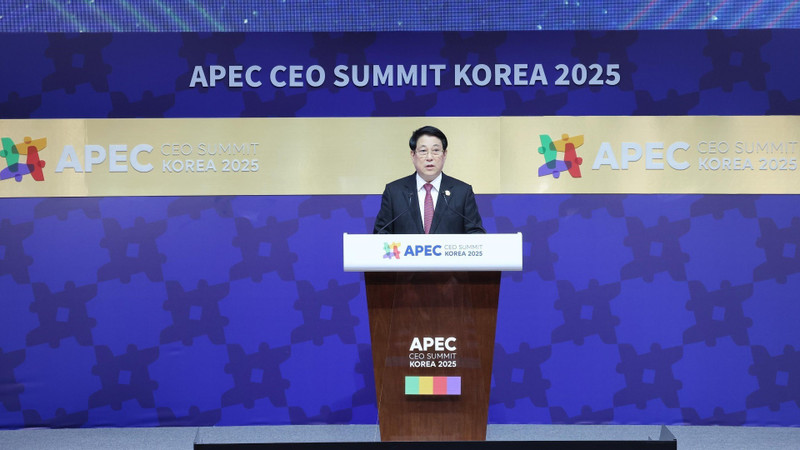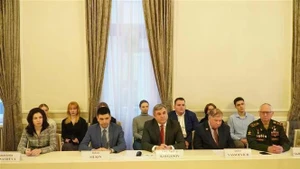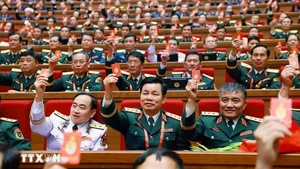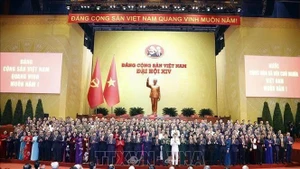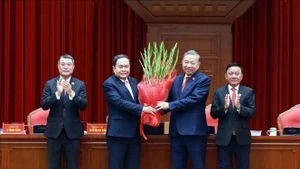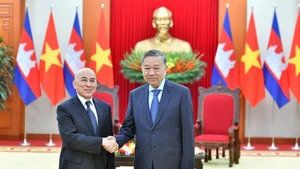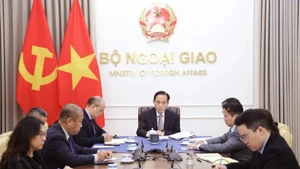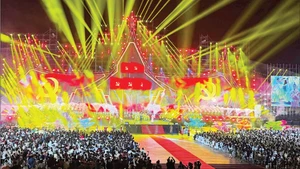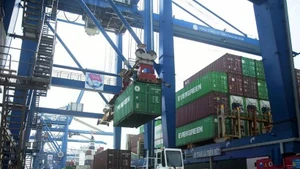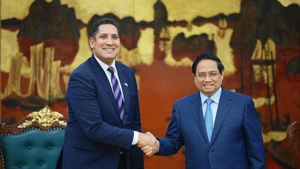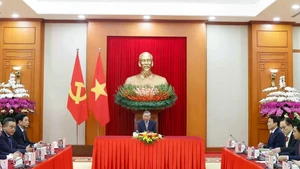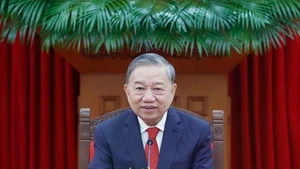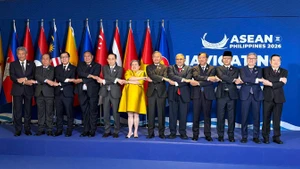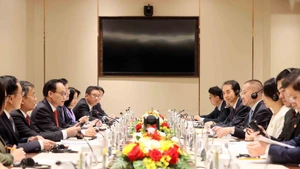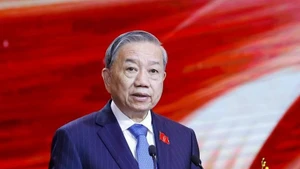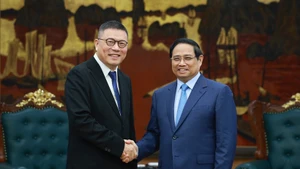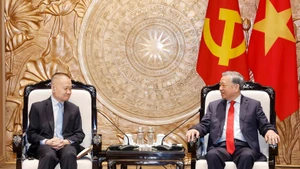In his keynote address at the event, held as part of the APEC Economic Leaders’ Week in the RoK, President Cuong shared his views on lessons from the industrial revolutions in the past, the Asia-Pacific region’s global responsibility, underlined the role of the APEC business community, shared Viet Nam’s development vision and partnership opportunities with Viet Nam in the new era.
He highlighted Viet Nam’s remarkable progress over nearly four decades of the “Doi moi” (renewal) process, noting that the country now boasts a stable socio-political environment, a dynamic and globally integrated economy, a modern institutional framework, and an extensive network of international partnerships, laying a strong foundation for groundbreaking development in the new era.
The President attributed these achievements to sound policies, creativity, and tireless working spirit of the Vietnamese people, along with the valued support and cooperation of international friends.
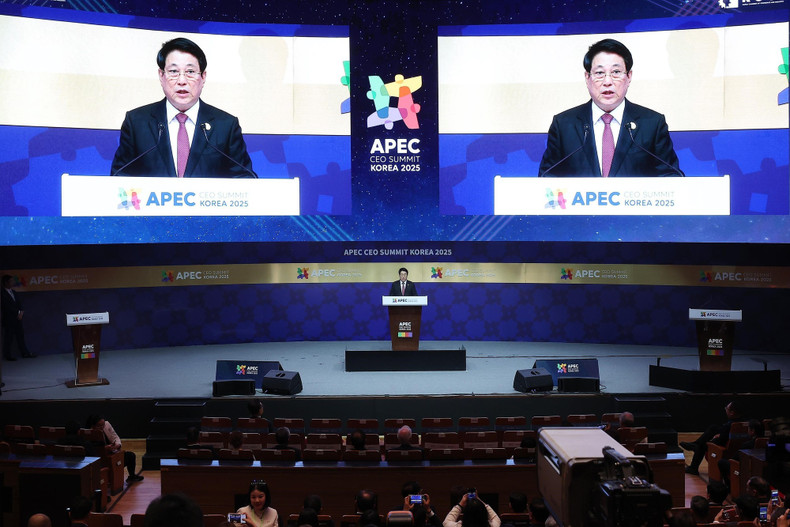
He noted that, to maintain double-digit growth and achieve the goal of becoming a high-income developed nation by 2045, Viet Nam must make more decisive breakthroughs, thus removing barriers, unlocking resources, fully tapping resources and collective intelligence of all economic and social sectors while transforming the nation’s development model.
Along with the three strategic breakthroughs in institutions, infrastructure, and human resources, President Cuong stressed that Viet Nam is carrying out extensive reforms in lawmaking; science and technology, innovation, and digital transformation; fostering the private sector's development; upgrading infrastructure, especially in energy; and investing in human capital through education and healthcare.
He emphasised that Viet Nam is deepening international integration with domestic strength as the key driver, strengthening internal capacity while making the most of external resources, and moving from a mindset of “participation” to one of “proactive contribution.”
The President also highlighted Viet Nam’s notable progress in science, technology, innovation, and digital transformation, underscoring vast potential for cooperation with partners in fields like artificial intelligence, digital technology, energy, biotechnology, and smart city development.
He stressed that amid global instability and uncertainties, partnering with Viet Nam offers businesses a safe and stable socio-political environment, a transparent and favourable investment climate, a dynamic and globally connected economy, a skilled and youthful workforce, and modern and well-developed infrastructure.
Regarding the fourth Industrial Revolution, distinguished by groundbreaking advances in AI, President Cuong stressed the need to ensure that this revolution is guided from the outset by a spirit of cooperation, creating opportunities for all economies to participate, contribute, and realise their potential.
The Vietnamese leader urged the APEC business community to join hands with governments in advancing responsible AI development, fostering open AI, and ensuring that AI is inclusive and benefits all.
He affirmed that amid profound changes and growing instability in the world, the Asia-Pacific region possesses both capacity and responsibility to play a pivotal role in ensuring global security and economic stability, while driving new growth engines in science, technology, and digital transformation.
To achieve this, the President noted that the APEC economies should overcome their differences and work together to narrow gaps and strengthen commonalities, so that the Asia-Pacific can remain a region of peace, stability, dialogue, and cooperation, a region of economic integration, knowledge sharing, technology transfer, and shared responsibility.
Delegates applauded Viet Nam’s comprehensive and balanced perspective on the fourth Industrial Revolution, the Asia-Pacific region’s vital role in the new era, and its practical proposals for APEC’s development orientation and public–private cooperation in building an open, inclusive, and responsible AI ecosystem.
Representatives from businesses showed deep admiration for Viet Nam’s groundbreaking and transformative efforts to achieve its goal of becoming a high-income developed nation by 2045. They voiced their belief in the Southeast Asian country’s success and enthusiasm for new partnership opportunities with Viet Nam on this journey.
Under the theme "Bridge, Business, Beyond,” the APEC CEO Summit Korea 2025 features more than 20 discussion sessions focusing on key issues of interest to the business community, including the global economic outlook, challenges and opportunities amid shifting geopolitical dynamics, digital transformation, tax policies and multilateral trading system, infrastructure and ecosystems for AI development, cultural industries, global monetary and financial markets, energy security, prospects for nuclear and liquefied gas energy development, supply chains, and public–private partnerships.
